On Sunday, a top official in Male announced that Maldivian President Mohamed Muizzu has requested India to remove its military soldiers from his country by March 15, almost two months after the Maldives had requested similar action.“Indian military personnel cannot stay in the Maldives. According to Abdulla Nazim Ibrahim, the public policy secretary in the President’s Office, this is the administration’s and President Dr. Mohamed Muizzu’s policy.
To discuss the troop pullout, India and the Maldives established a high-level core committee. At the Foreign Ministry Headquarters in Male on Sunday morning, the group met for the first time. Reports from the Maldivian media stated that Indian High Commissioner Munu Mahawar was present during the meeting.
The Indian government refuted and did not immediately comment on the media allegation.Why is Muizzu so adamant that Indian forces evacuate the Maldives? And why are there any Indian forces at all stationed in the islands? What makes them strong? We clarify.
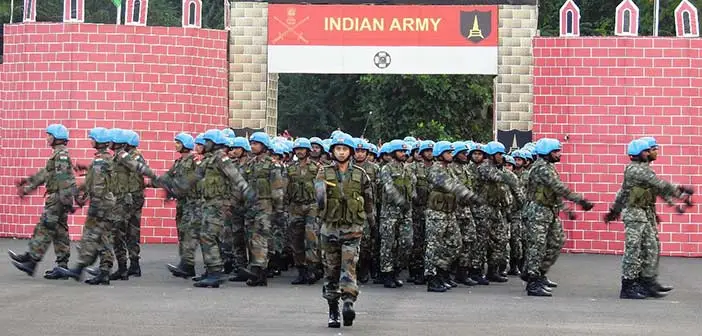
How many Indian troops are in the Maldives?
Contrary to what the ‘India Out’ rhetoric in Maldives may suggest, no large contingent of Indian soldiers is present on the archipelago. According to the latest government figures, there are 88 Indian military personnel in the Maldives.Indian soldiers have been sent to the Maldives at various points for training Maldivian troops, in both combat and reconnaissance and rescue-aid operations.
However, some Maldivians, including some politicians, have objected to their presence in the nation in any capacity. The ‘India Out’ campaign, according to analysts in both India and the Maldives, has inflated the importance of these soldiers’ presence in the Maldives and painted it as a danger to the nation’s security.
There have been a number of contributing elements, and the recent Maldivian presidential elections served as a fuel source for the heightened anti-Indian sentiments that were already present. There are several reasons for this, one of which is the myth that the Maldivian Democratic Party, led by Ibrahim Mohamed Solih, was a political party with Indian influences. Considered pro-China is the alliance between the People’s National Congress and the Progressive Party of the Maldives, whose representative, President Muizzu, won the 2023 presidential contest.
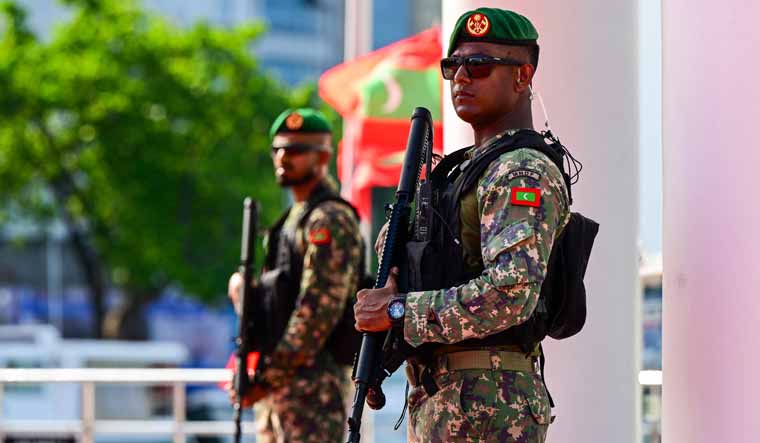
Why are India’s troops in Maldives?
India and the Maldives have a long history of cooperation in a variety of areas, including defence. The one time India’s soldiers entered the island for an actual military operation was in November 1988 — to thwart an attempted coup, at the request of the government of then President Maumoon Abdul Gayoom. In a quick operation, Indian troops managed to secure the President and capture the rebels. In the three decades since, Maldives has generally appreciated India’s role in this episode.
The ‘India Out’ campaign began much later, sometime in 2020. The resentment had been building ever since Abdulla Yameen Abdul Gayoom of the Progressive Party (PPM), with a pro-China tilt, became president in 2013.
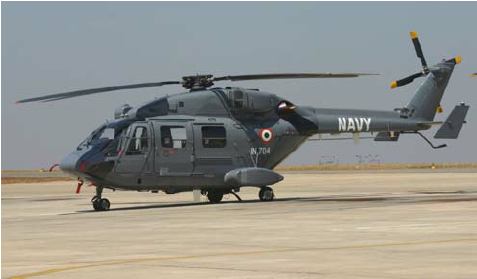
Which five main elements account for the suspicion and fear?
The long-running controversy surrounding the two Dhruv Advanced Light Helicopters (ALF) that India had given to the Maldives in 2010 and 2015—both of which were stationed in Addu Atoll and Hanimaadhoo—and their use for airlifting patients between islands, maritime weather surveillance, and ocean search and rescue operations—was one of the main causes of this.The Maldives National Defence Force, which is in charge of these helicopters, was trained by Indian personnel who had been dispatched there in accordance with the conditions of the bilateral agreements between the two nations.
“These were only humanitarian helicopters, but some in the anti-Indian community, especially Yameen’s PPM, were attempting to portray that because they were military helicopters, India was establishing a military presence in the nation by gifting these helicopters.” Gulbin Sultana, a research analyst specializing in the Maldives at the Manohar Parrikar Institute for Defence Studies and Analyses
Furthermore, the Maldives does rely significantly on India for marine security. In 2022, Rasheeda M. Didi, a Maldivian history expert, wrote for the Carnegie Endowment for International Peace about how India, the Maldives, and Sri Lanka work together to combat common maritime security threats and challenges like piracy, illegal, unreported fishing, and trafficking. These issues are of great concern to the archipelago.The Maldives’ recently constructed police academy, which houses the National College of Policing and Law Enforcement and was assisted by India, was mentioned by Didi as another flashpoint. The enormity of the building and its surroundings is the reason behind the mistrust of the opposition, which is currently in power
. There is a notion circulating that the academy’s size is solely due to its accommodation of Indians connected toThe UTF Harbour Project agreement, which was signed in February 2021 between India and the Maldives, is a fifth element. It stipulates that India is responsible for developing and maintaining a coastguard harbor and dockyard in Uthuru Thilafalhu, an atoll strategically placed near the capital Malé. There were rumors in certain Maldivian media outlets that the UTF project might become an Indian naval facility. Even before the deal was signed, Major-General Abdulla Shamaal, the Maldivian chief of defense forces at the time, made it clear that although the Indian government had promised to offer grant support for the project, there were no plans to establish an Indian naval facility there.

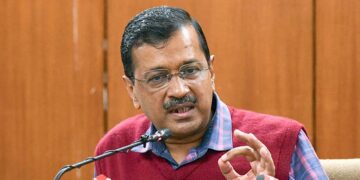
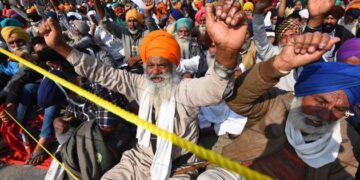
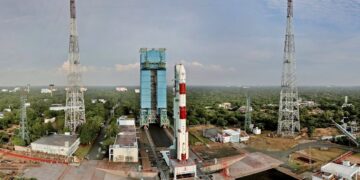

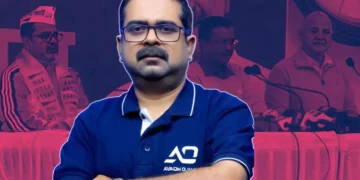
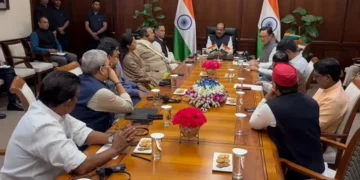
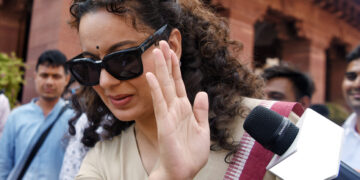
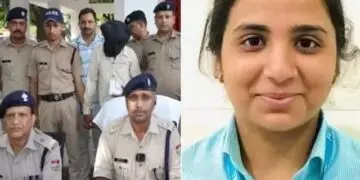
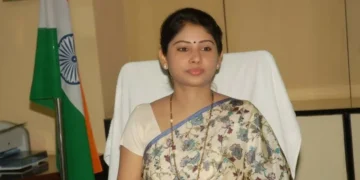
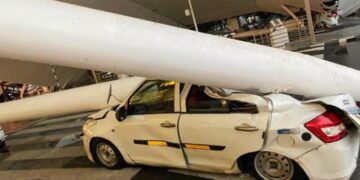




























I don’t think the title of your article matches the content lol. Just kidding, mainly because I had some doubts after reading the article.